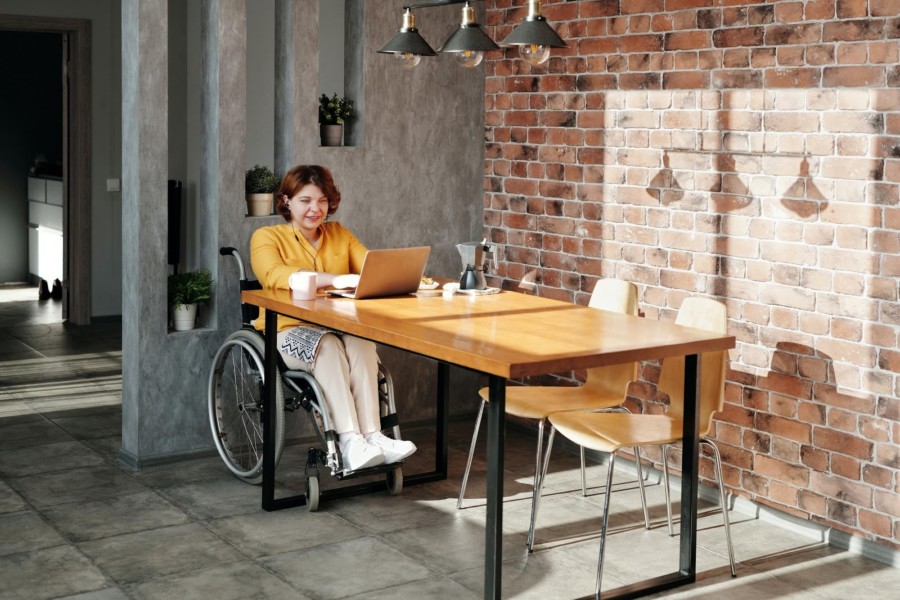Running for Office With a Disability – A Quick Guide
 Currently, only about one in 10 politicians has a disability in America — and many more elected officials with disabilities are needed in order to address the accessibility issues and barriers affecting millions of children and adults each day. These barriers often prevent people with disabilities from voting in elections, while also making participation in daily life a challenge. And while some positive changes are being made to accommodate local voters with disabilities amidst COVID-19, these accommodations will vary by county. Additionally, it’s hard to say whether these accommodations will extend beyond the pandemic.
Currently, only about one in 10 politicians has a disability in America — and many more elected officials with disabilities are needed in order to address the accessibility issues and barriers affecting millions of children and adults each day. These barriers often prevent people with disabilities from voting in elections, while also making participation in daily life a challenge. And while some positive changes are being made to accommodate local voters with disabilities amidst COVID-19, these accommodations will vary by county. Additionally, it’s hard to say whether these accommodations will extend beyond the pandemic.
Instead of waiting around for more politicians with disabilities to take office, why not launch your own political campaign and start making a positive difference in your community? For some tips on deciding whether to run for office, assembling your staff, and getting the word out about your political campaign, read this guide from National Public Radio!
Should You Run for Office?
Having the passion to run for local office is the first step to launching a political campaign, but there are a few things you’ll need to consider before actually taking the plunge. According to the team at SpeakEasy Political, the following questions will help you to determine whether a run for office could be the right move for you:
- Are you prepared for the physical, mental, and emotional toll that a run for office could take on you and your loved ones?
- What exactly do you hope to accomplish with your political campaign?
- Are you willing to dive deep into issues in the community and champion them?
- Are your loved ones on board with the idea, including your spouse and children? What about your boss?
- Do you know at least 100 people who would be willing to support your campaign?
- Do you have what it takes to be a great politician?
If you’re not sure whether a run for office is right for you, you could always offer to help another candidate with running his or her political campaign. Volunteering for a political campaign can be a great way to raise disability awareness in your community, while also helping candidates to make their campaigns more inclusive of individuals with disabilities. To bolster your efforts, you could also build out your capabilities through an advanced degree, certification or even through workshops.
Assemble Your Campaign Staff
If you’ve done your homework and feel you have what it takes to run for local office, that’s great! Your next step will be to assemble staff members who can help to raise funds for your campaign, communicate with the media, and get your message in front of voters. You may also choose to hire a freelance personal assistant to help with you with running errands, scheduling meetings and appointments, responding to emails and phone calls, and handling anything else you could use a helping hand in. Plus, you can easily hire an assistant and other campaign staff members by logging onto freelance job boards.
Get the Word Out
Once you’re officially ready to run for office, you’ll need to start getting the word out. Social media is a great place to begin your campaign marketing efforts — especially in the age of the coronavirus. However, you and your staff could also go door-to-door in the community, send mailings to voters, and share your message via an accessible campaign website. Depending on your budget, you could also advertise your campaign through paid television, radio, or YouTube advertisements.
Running for office is most definitely a challenging endeavor, but your hard work and determination could make a positive difference in the lives of individuals with physical, mental, and communicative disabilities or impairments. More politicians with disabilities are needed in America — and you could be just the person for the job!


